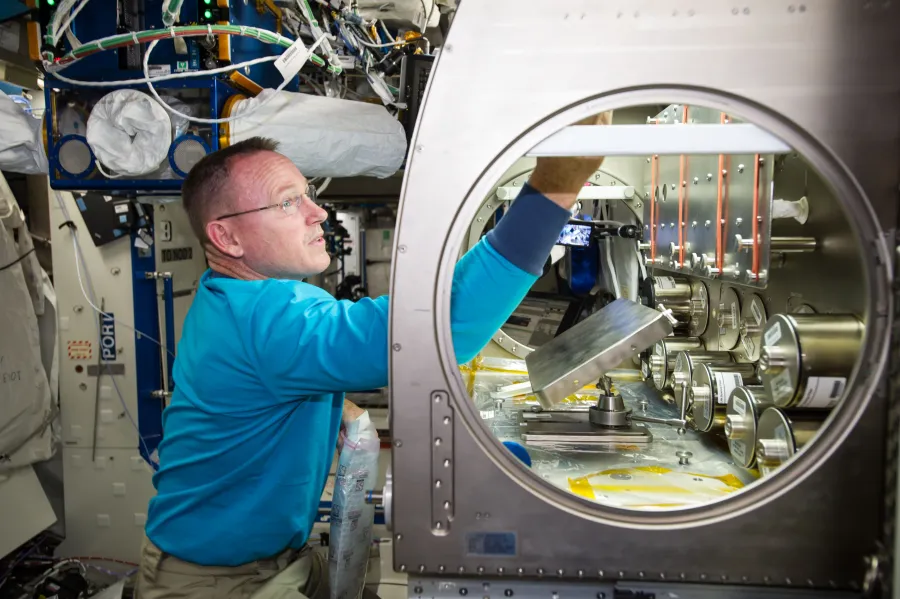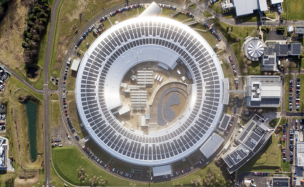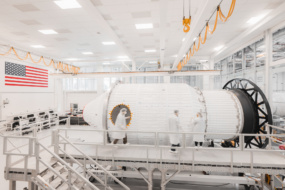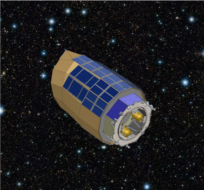Axiom Space is establishing a group of space researchers to push for scientific priorities in orbit, to collaborate on shared goals, and to help the microgravity research industry navigate the transition from the government-led ISS to commercial space stations.
The Axiom Space University Alliance will help researchers identify top to-do items for the space science community, and make recommendations to policymakers, Axiom’s Chief Science Officer Lucie Low told Payload. The goal is for the scientific community to agree on “low-hanging fruit” that must be completed to launch the next stage of research or tech development, then fight for the funding to do it.
Areas of interest: Only time will tell what the alliance deems a top priority. In the meantime, Low laid out some of her top interest areas for microgravity research, including:
- Human health and human research, since studying how people can safely spend long amounts of time in space will benefit global space exploration;
- The study of physics in microgravity—including how it affects fluids, molecules, and atoms—which can have major implications for everything from terrestrial medical research, to in-space manufacturing
Common ground: Axiom is building a commercial space station, and is vying to be a successor to the ISS. This means Axiom could eventually end up flying some of the microgravity research being debated by the alliance. However, the company says that’s not the point. Low said the group is platform-agnostic—meaning the research could fly on competitor stations, or uncrewed stations.
“We are a revenue-generating company…We expect that we will continue to fly research in the coming years, but that’s not what this alliance is about,” Low said. “We expect to be partnering with many other companies that provide access to space for all of our activities, so we can get what needs to get done in space.”
Building bridges: The alliance is designed to be global, and—because it is not run by the government—could serve as a way to connect researchers from countries such as China that generally can’t work on federally funded science with organizations such as NASA. Still, Low said it’s not clear how the alliance would navigate collaboration with researchers coming from an adversarial nation.
“As a scientist, I know that science knows no borders….I’m also aware that Axiom is a US-based company and we have to abide by US rules and regulations,” she said. “Because this is a commercial organization leading a scientific conversation, it does remove some of those geopolitical tensions.”




